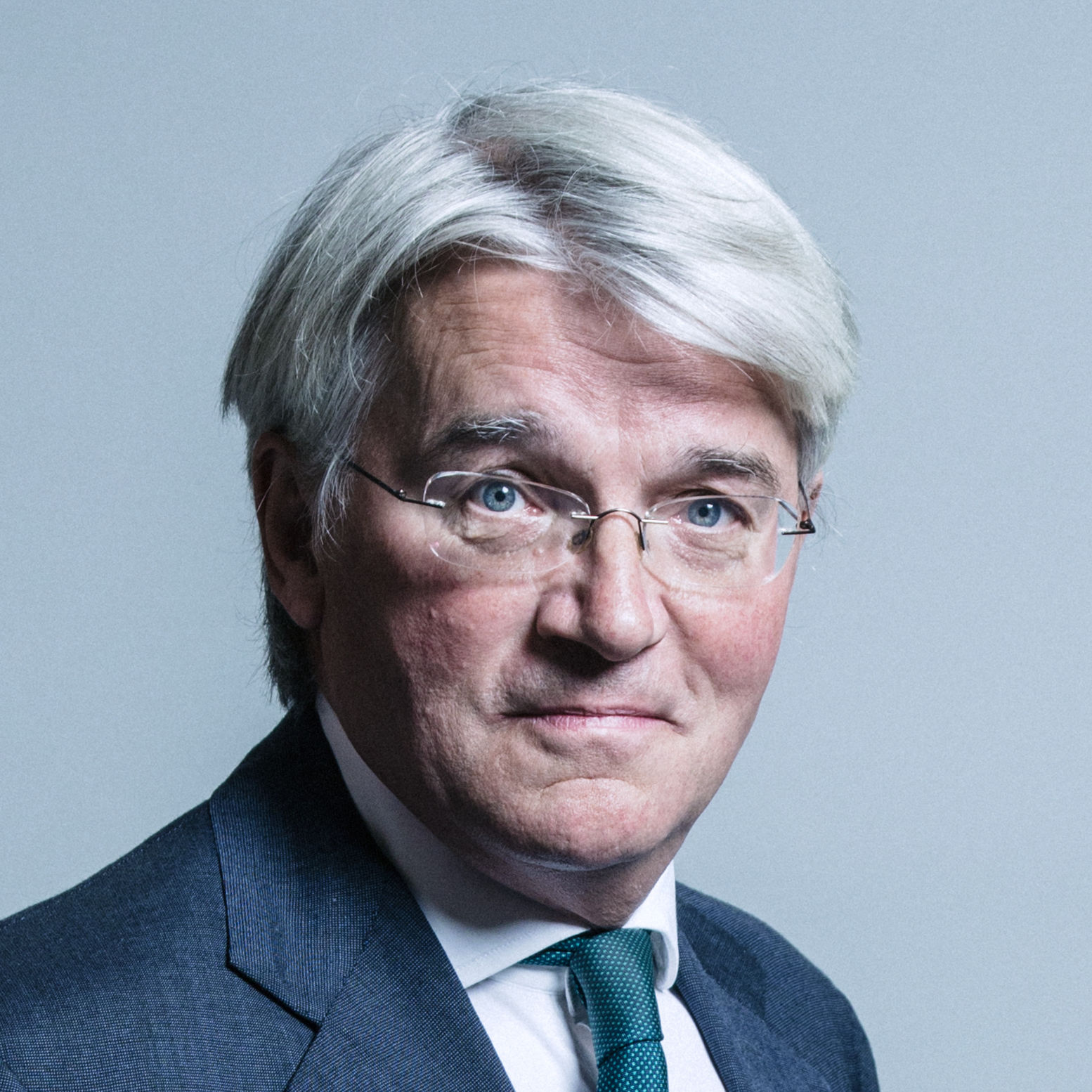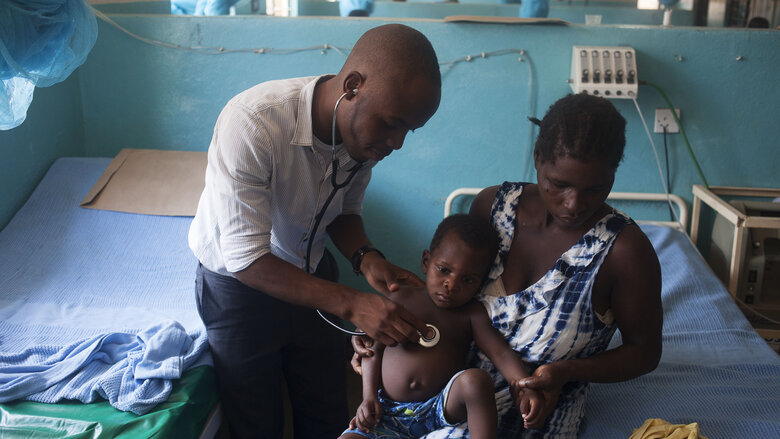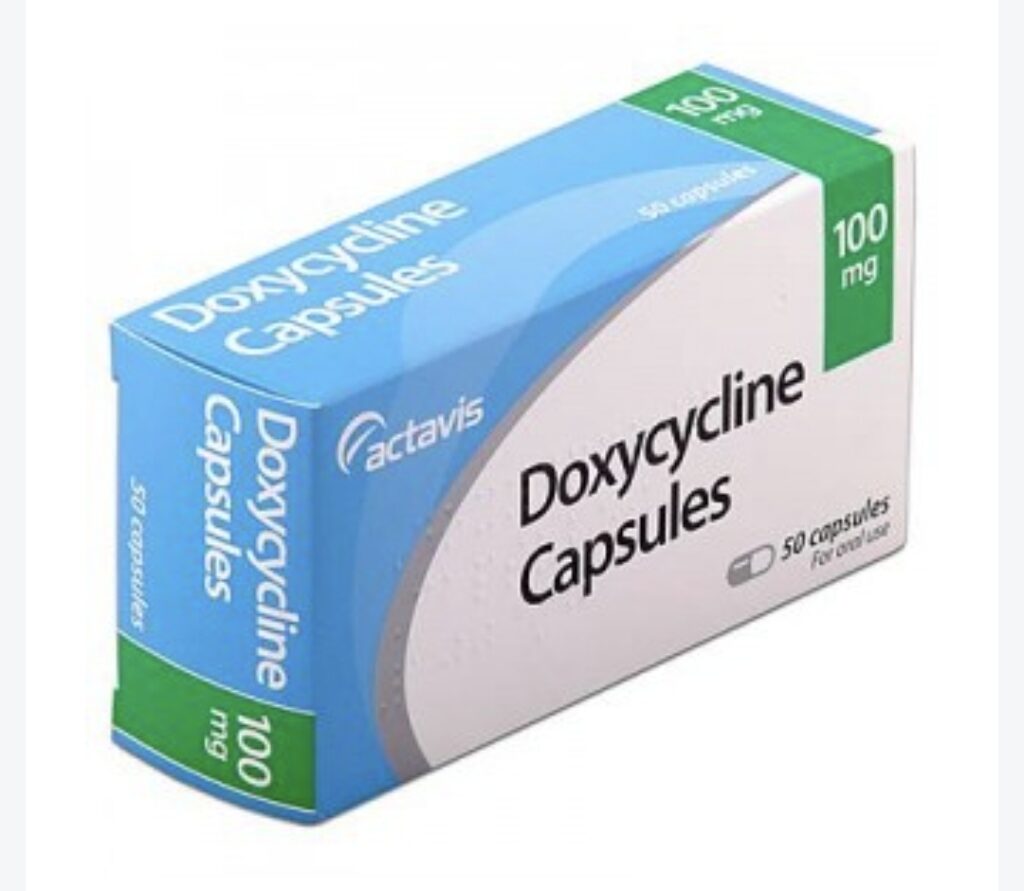The UK government is geared to improve access to malaria drugs to help tackle one of the biggest killers of children in Malawi and the sub-Saharan Africa, the Foreign Office for Development and Africa has announced.
Britain has set aside £7.4 million funding from UK that will make malaria drugs and tests accessible for Malawi and many other countries around the world with over 50 million people will have access to the life-saving drugs and tests by 2027.
British Deputy Foreign Secretary and Minister for Development and Africa, Andrew Mitchell, said:
“Thanks to British science, we now have life-saving malaria vaccines which will protect millions of people.

“But we also need to make sure we are making drugs available at the best possible price to the countries that most need them.”
Mitchell said deaths from malaria are entirely preventable, and the UK’s support for MedAccess will ensure that countries can afford to offer people the best protection against the disease.
Chief Executive Officer for MedAccess, Michael Anderson, said: “We are deeply grateful for FCDO’s continued support, which enables MedAccess to improve access to products for HIV, TB, and malaria in support of Global Fund programmes.”
Anderson said MedAccess will continue to use innovative financial tools to reduce the cost of diagnosis, prevention and treatment, improving value for money while improving patient access.
“We are glad to announce this renewed funding on World Malaria Day, an important moment for global stakeholders to come together with a common ambition to accelerate malaria prevention and control,” he said.
Further, it has also been announced that Sierra Leone, Liberia and Benin will begin their first roll out of the UK-Indian developed RTS,S vaccine, marking a significant milestone in ending malaria.
Collaboration between British scientists and Indian manufacturers resulted in 2 essential malaria vaccines being developed: RTS,S and R21.

These have been used in Malawi, Ghana and Kenya with 2 million children vaccinated since 2019, and in January, Cameroon became the first country to give the vaccines to children routinely.
A total of 22 countries are due to roll out the vaccine. Gavi, which is funded by the UK, is aiming to immunise more than 6 million children from malaria by the end of 2025.
UK funding helps MedAccess to reduce the costs of a range of innovative health products for HIV, TB and malaria, meaning that UK support for organisation like Gavi and the Global Fund will go further as they benefit from lower prices for products.
More than 600,000 people worldwide die every year from malaria, which is preventable and treatable.
The funding brings total UK support to MedAccess to £17.4 million, which will help 1 million people access new diagnostic tests and 120 million patients to receive anti-malarial treatments.
MedAccess guarantees sales volumes of drugs in markets where demand is uncertain so manufacturers can commit to affordable prices and stable supply. In return, manufacturers receive assurance that they will be paid even if the demand doesn’t materialise.
In 3 years, it is expected that more than 50 million people will have access to drugs and other items.
The announcement comes on the World Health Organisation’s World Malaria Day, which aims to keep the disease high on the political agenda, mobilise additional resources, and empower communities.
Endemic
Malaria is a major public health problem in Malawi with an estimated 6 million cases occurring annually.
It is a leading cause of morbidity and mortality in children under five years and pregnant women.
Malaria accounts for over 36% of outpatient visits and 15% of in-patients.
Malaria is endemic in more than 95% of Malawi.
Transmission is perennial in most parts of the country and peaks after the start of the annual rains that typically begin in November/December and last through April.
The highest transmission areas are found along the hotter, wetter, and more humid low-lying areas (lakeshore, Shire River Valley and central plain), while the lowest risk areas fall along the highlands of Rumphi, Mzimba, Chitipa and Kirk Range.

Malaria continues to be a major public health problem and is responsible for approximately 7 million cases and 36% of outpatient visits across all ages (2020 Health Management Information System [HMIS] data).
Malawi is among the top 20 countries with the highest malaria prevalence and mortality rates – in 2021, it accounted for 1.7% of global cases , and 1.2% of global malaria deaths.
About 8% of all malaria cases in Eastern and Southern Africa occurred in Malawi in 2021.
Since 2006, Malawi has seen improvements in prevention coverage, insecticide-treated mosquito net [ITN] ownership and use and intermittent preventive treatment for pregnant women.
Between 2020 and 2021, the case burden for malaria stagnated at 219 per 1000 of the population at risk, while deaths fell by 2.7% from 0.38 to 0.37 per 1000 of the population at risk.

Malawi’s National Malaria Control Programme (NMCP) is developing a new strategic plan for 2023-2030 to combat malaria and recognizes that a blanket approach to malaria interventions is no longer feasible.
Background
The UK is a leading investor in the fight against malaria and the third largest historical donor to the Global Fund to Fight AIDS, Tuberculosis and Malaria, investing £5.5 billion to date – 2023 to 2024 and 2025 to 2026 – will support distributing 86 million mosquito nets, provide 452,000 seasonal malaria chemoprevention treatments and providing malaria treatment and care for 18 million people.

The UK is the largest sovereign donor to the core immunisation programme of Gavi, the Vaccine Alliance, which is currently supporting the roll-out the RTS,S malaria. A total of 22 countries are approved to roll out the vaccine.
The UK is a leading donor and the largest donor of flexible voluntary contributions to WHO which plays a critical role in setting the norms and standards for health including malaria, as well as supporting countries with technical assistance.
“we now have life-saving malaria vaccines which will protect millions of people.”
Andrew Mitchell
British Deputy Foreign Secretary and Minister for Development and Africa.



